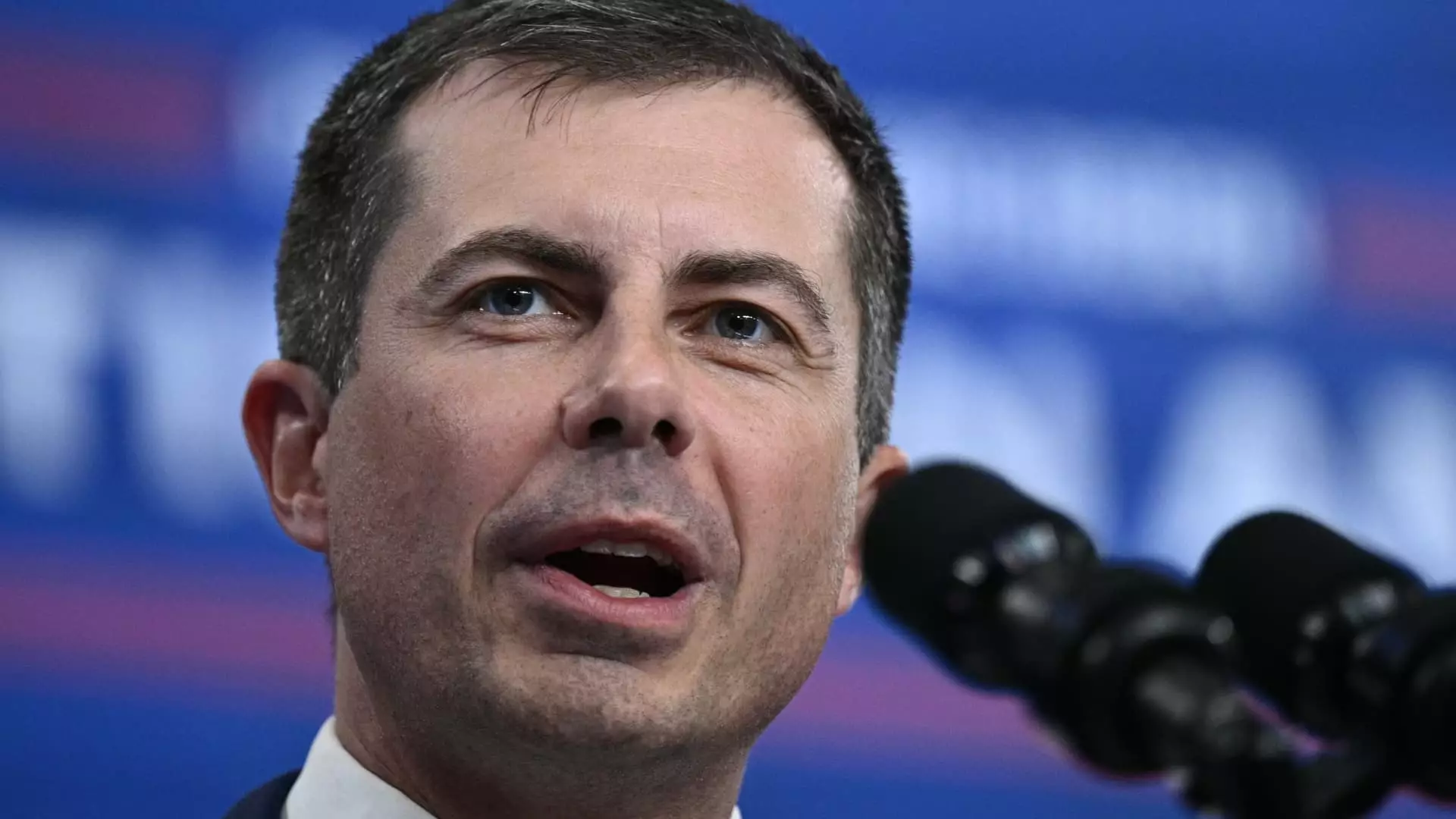The recent interaction between Transportation Secretary Pete Buttigieg and tech billionaire Elon Musk has brought to light the dangerous implications of misinformation during a humanitarian crisis. As Hurricane Helene wreaked havoc across multiple states, Musk took to the social media platform X (formerly Twitter) to share unverified claims regarding the federal government’s response. Buttigieg’s direct response, aiming to clarify these misconceptions, underscores the importance of accurate information in disaster management and the challenges posed by influential voices in the digital space.
Musk’s assertions that the Federal Aviation Administration (FAA) was blocking rescue flights and throttling supply deliveries were not simply misstatements; they were alarmist claims that can have real-world consequences. With over 200 million followers on X, Musk’s words carry significant weight. A false narrative suggesting that federal agencies are obstructing aid can undermine public trust, create panic, and discourage citizen-led rescue efforts. This is particularly troubling given the context of a natural disaster, where timely and efficient communication is crucial for coordinating relief efforts.
Buttigieg’s response aimed to immediately counter these claims. The Transportation Secretary emphasized that the FAA had no such restrictions in place, reinforcing the importance of accurate, real-time information from credible sources during emergencies. As misinformation spreads like wildfire, the need for authoritative voices to intervene and clarify becomes all the more pressing.
Musk’s broader criticism of FEMA and his portrayal of the agency as ineffectual highlights a growing trend of digital discourse where government agencies face public scrutiny through the lens of social media. The comments stating that FEMA was “actively blocking citizens” were unsubstantiated, and, while they might resonate with like-minded individuals who distrust governmental systems, they do little to aid those in actual need. The USDA and FEMA, among other agencies, often work under significant pressure during disaster responses, and they rely on established protocols for safety and coordination.
The role of government agencies during disasters is not just to provide aid; they must also manage logistics and ensure the safety of all involved. In disasters where local infrastructure can be severely compromised, the coordination of rescue and supply airlifts is crucial. This requires a level of trust in established procedures and communication channels, which Musk’s assertions threaten to erode.
Musk’s alignment with certain political figures and his history of supporting the Republican party complicate this discourse. By amplifying unfounded claims about FEMA and the FAA shortly after gaining backing from figures like Donald Trump, he adds a partisan dimension to what should be a non-political matter: disaster response. This politicization can detract from the seriousness of emergencies and result in polarized views on essential services, further complicating the issue of effective crisis management.
Moreover, when influential figures like Musk create narratives around government inefficacy, they risk overshadowing the hard work and dedication of thousands of federal employees striving to manage crisis situations. These narratives can encourage skepticism of legitimate initiatives, such as the deployment of Starlink internet services to restore connectivity in disaster-hit areas.
As we navigate an era where social media serves as both a platform for information and misinformation, the incident surrounding Musk’s claims during Hurricane Helene serves as a poignant reminder of the power—and potential dangers—of influential voices online. It highlights the urgent need for public figures to prioritize accurate communication, especially during critical situations.
Transportation Secretary Buttigieg’s commitment to countering misinformation is commendable, yet it also reflects the ongoing battle against false narratives that can hinder emergency responses. In times of crisis, the public deserves clear, truthful information to help them navigate their challenges. As individuals, advocates, and policymakers, we all share a responsibility to advocate for and disseminate fact-based information, ensuring that support can reach those who need it most when disaster strikes.


Leave a Reply